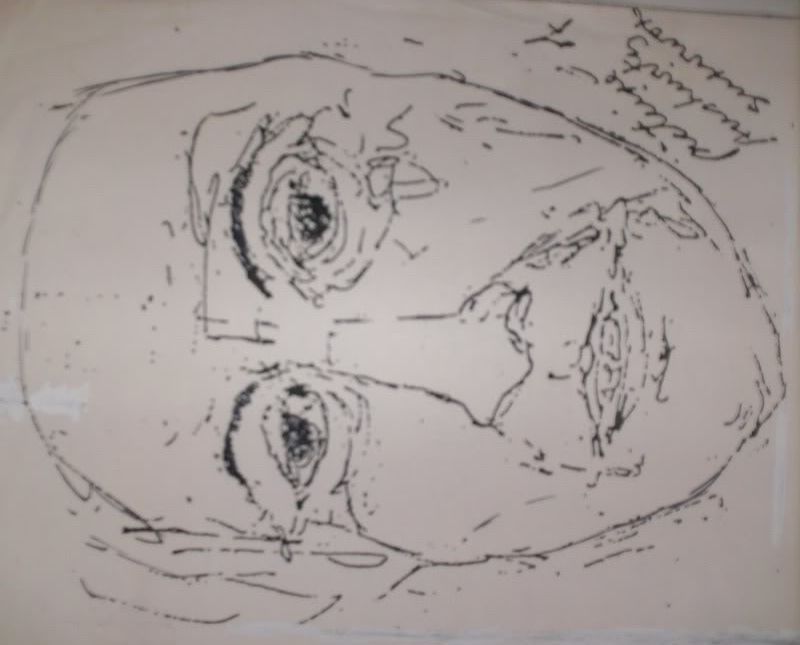Small super-empowered vanguards can, with the use of systems disruption to amplify effort, delegitimize weakened governmental hierarchies and force them into the box of hollow states. However, instead of a pure organic government envisioned by Che, an organic open source insurgency, composed of a plethora of small super-empowered groups (that appeal to primary loyalties of tribe, cast, clan, family, gang, ideology, etc.), form in the vacuum. This open source insurgency will only bring fragmentation and perpetual conflict. The vanguard's role, is merely as a catalyst for its formation.
John Robb, Global Guerrillas
What if the global guerrilla vanguard was constructive rather than destructive? What if the vanguard was building resilience and autonomy, survival and security instead of chaos and destruction?
Small super-empowered groups can also do potholes as, reportedly, Hizbollah has been able to show in Lebanon. Maybe not global guerrillas but certainly a localized, decentralized model, Cuba's already gone through their Peak Oil experience and adapted through lots of public transport, bicycles, and local agriculture. In the 70s some of the 60s civil rights/antiwar/feminist/environmental energies of the Cold War baby boomers went into community gardens, farmers' markets, food coops, feeding programs, local agriculture, sustainability and environmental restoration. These networks still exist.
In the face of oil-funded terrorism, an oil war in Iraq, an overstretched, under-budgeted, corrupt social welfare system, and increasingly expensive natural disasters and emergencies Solar IS Civil Defense can be a logical open source guerrilla response.
For instance, a minimal amount of solar electric photovoltaic PV power charges batteries. Combine that with a hand crank, foot pedal, or string pull generator and you have virtually permanent personal electric power (cell phone, flashlight or reading light, computer, camera...) for emergency situations, just in case.
Before the invasion of Afghanistan, NATO forces dropped solar/dynamo AM/FM/SW radios for the civilian population. After the invasion, they gave away more radios. Unfortunately, the solar/dynamo wouldn't allow for battery switching. The NATO radios charge only the internal hardwired battery. If the solar/dynamo could charge batteries in the external battery bay, then you could charge one set of batteries while you used in rotation another two or three sets of batteries to operate a cell phone and light as well as the radio. The solar/dynamo would be a source of electricity day or night, by sunlight or muscle power, at least for the lifetime of the batteries, crank, pedal, string, and PV panel. Now add a bicycle.
The Bogolight charges standard size AA batteries and thus does allow for battery switching. The Bogolight is a solar LED flashlight or reading light that provides 4 hours of light for every 8 hours of sunlight. It is very well designed. You buy one for $25 and they donate a second light to various development programs around world. Solar IS Civil Defense at home and abroad.
The human scale combination of solar power with human muscle power allows the human power component to become a kind of Solar Swadeshi. Instead of turning Gandhi's spinning wheel making thread for khadi cloth, cranking or pedalling or pulling a string, the repetitive practice of personal power producing electricity for an AA battery all the way back to the grid.
Open source global guerrilla vanguard as solar scholar warriors fomenting resilience, cooperation, and the free exercise of the imagination, green ecological designers to save us at the last possible moment, the promise of the Whole Earth Catalog, Woodstock, New Alchemy Institute, the Viridian greens, Burning Man, worldchanging...
